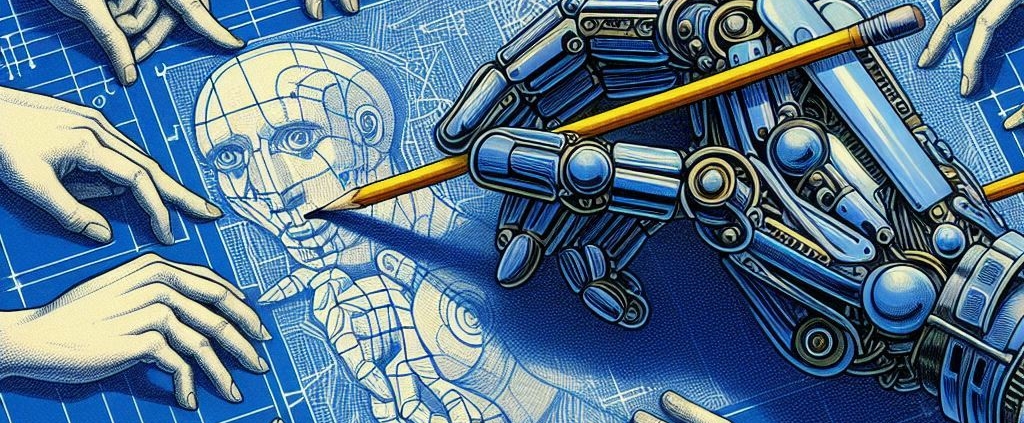Artificial Intelligence Rewrites the Rules in Software Development

After graduating in business administration with a thesis focusing on ‘the IASB audit process’, I further built up my education by continuing my studies in the subjects of corporate finance, international trade and production processes. Go to profile



